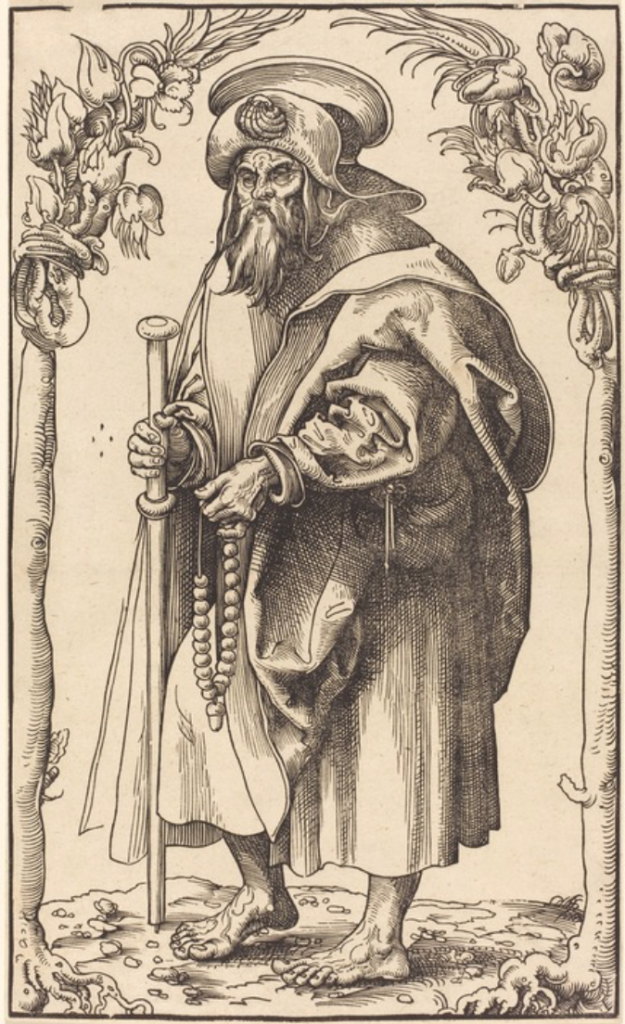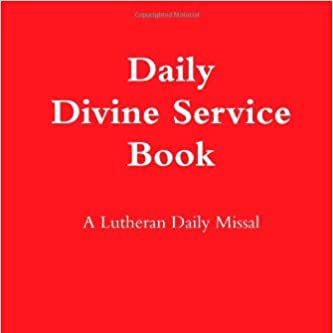Which St. James Again?

July 25th is when the Church celebrates St. James the Elder, also called James the Great. But which James is this? We have to admit that it can be confusing at times to sort it all out when there are several notable Jameses in the New Testament. Thus, a brief side note for clarity’s sake, this is not James the brother of our Lord and writer of the book of James, who is called St. James of Jerusalem.
James the Elder is one of the sons of Zebedee, brother of John. Matthew introduces the pair in chapter 4 when Jesus calls his first disciples. St. Matthew writes that Jesus summons James and John, who immediately leave their father and fishing nets and follow him.
James and John were called the “sons of thunder,” and we can see why in Luke 9, when they ask Jesus whether they ought to call down fire upon a Samaritan village. Jesus, in turn, rebukes them. In Mark 10, we read about the episode in which James and John ask Jesus to be seated with him in glory on his right and on his left. Foreshadowing James’ death, Jesus teaches them that it is not for him to grant this honor but explains that James will indeed drink of the cup that Jesus drinks.
And so James did when he was executed by the sword in Acts 12. He loved his Lord more than this world and died by the sword under King Herod Agrippa circa AD 42-44, thus receiving the honor of a martyr’s death.
A Brief History
According to medieval legend, St. James traveled to modern-day Spain as a missionary, and his remains now lie in the famous Cathedral of Santiago de Compostela, Santiago being the Spanish for “St. James.” Though there is scholarly debate concerning the veracity of the story, the legend holds that St. James’ body was returned to Spain after his death in Jerusalem and buried in the spot where the cathedral is now located. Thus, St. James’ Day is especially significant in Spain, where he his hailed as the patron saint not only of Galicia (where his cathedral is) but also of the whole country.
Santiago de Compostela is a central location for the Día del Apóstol Santiago (Day of St. James the Apostle), when citizens hold a large celebration in honor of their patron saint by feasting, setting off fireworks, and attending a special service in the cathedral.
These Spanish traditions gave us the inspiration for the tradition we took up for this day: the Tarta de Santiago. Keep your eyes peeled for the recipe coming later this week!
Collect
Grant, O Lord, that, as Thine Apostle Saint James readily obeyed the calling of Thy Son Jesus Christ: we may by Thy grace be enabled to forsake all worldly and carnal affections, and to follow Him alone; who liveth and reigneth with Thee and the Holy Ghost: ever one God, world without end. Amen.

Lessons
Resources
Issues, Etc. interview with Rev. Will Weedon on St. James the Apostle
Pr. Mark Surburg shares a brief note on St. James on his blog, which you can find here.
Propers found in Daily Divine Service Book: A Lutheran Daily Missal, edited by the Rev. Heath Curtis
References:
1. Rev. Wilken, Todd & Rev. Weedon, Will (Hosts). (2008) St. James the Apostle [Audio podcast episode]. Issues Etc. https://issuesetc.org/2008/07/25/st-james-the-apostle/
2. Rev. Surburg, Mark. (2018). “Feast of St. James the Elder, Apostle,” Surburg Blog. http://surburg.blogspot.com/2018/07/feast-of-st-james-elder-apostle.html
3. Idealista/News. (2019). “Patron saint of Spain: Saint James the Apostle biography.” https://www.idealista.com/en/news/lifestyle-spain/2019/06/18/6556-patron-saint-spain-saint-james-apostle-biography
Images:
1. St. James the Greater, Lucas Cranach the Elder, Germany, n.d.
2. Saint James the Great, Guido Reni, Italy, ca. 1638-38.





[…] traditional dessert for St. James’ Day is the tarta de Santiago, which translates to “St. James’ cake.” While St. James […]